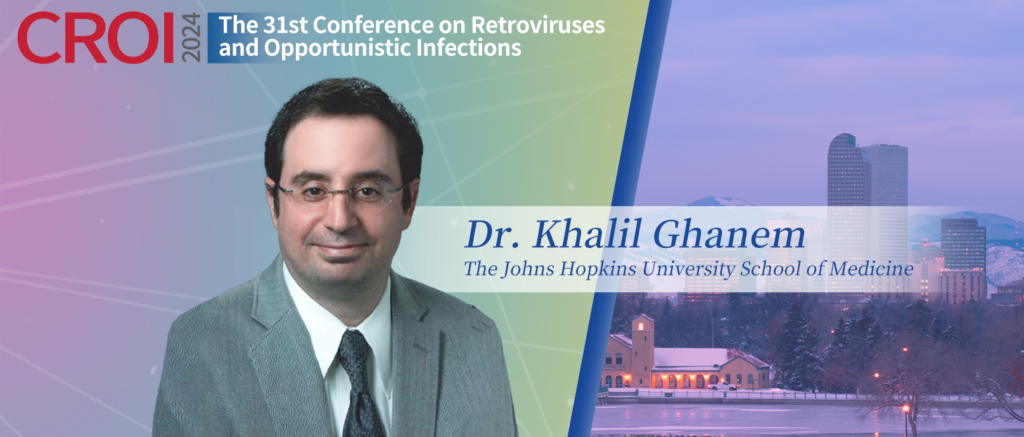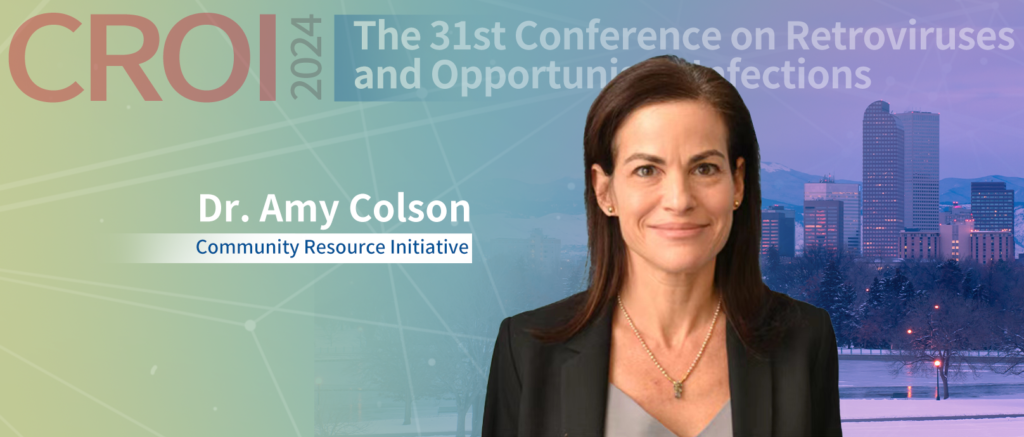SABCS Voice of China | Professors Qiang Liu and Yaping Yang: Final Results of the National Multicenter Clinical Study on AC*4 Sequential T*4 Combined with Full-Course Dual-Target Neoadjuvant Treatment for HER2-Positive Breast Cancer Disclosed
Led by Professor Qiang Liu and Professor Yaping Yang from the Sun Yat-sen Memorial Hospital's Breast Tumor Hospital at Sun Yat-sen University, the final clinical study results of a new neoadjuvant treatment regimen for HER2-positive breast cancer were disclosed for the first time. The results were presented in the form of a POSTER at the SABCS conference to scholars worldwide. The study demonstrates that the regimen, based on pegylated liposomal doxorubicin as part of the AC*4 protocol followed by a T*4 chemotherapy regimen combined with a full-course dual-target treatment, offers good antitumor efficacy and cardiac safety as a neoadjuvant treatment for patients with HER2-positive breast cancer. This article introduces the research.








